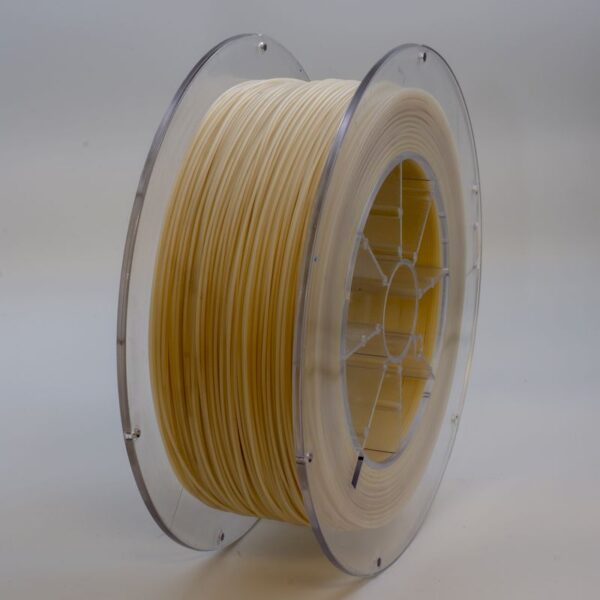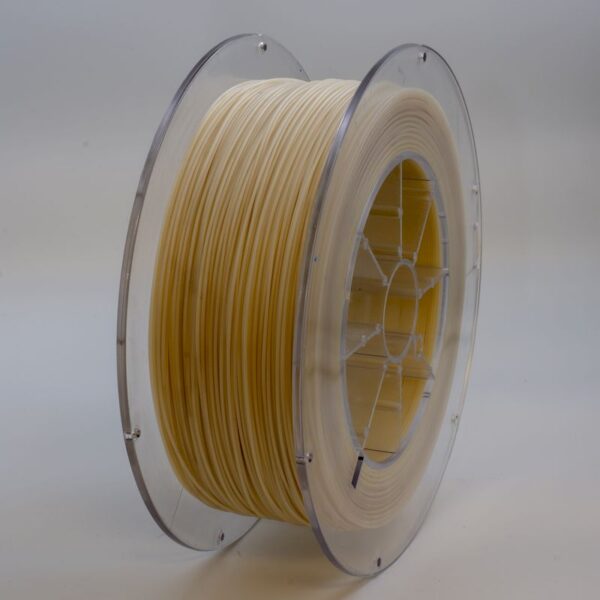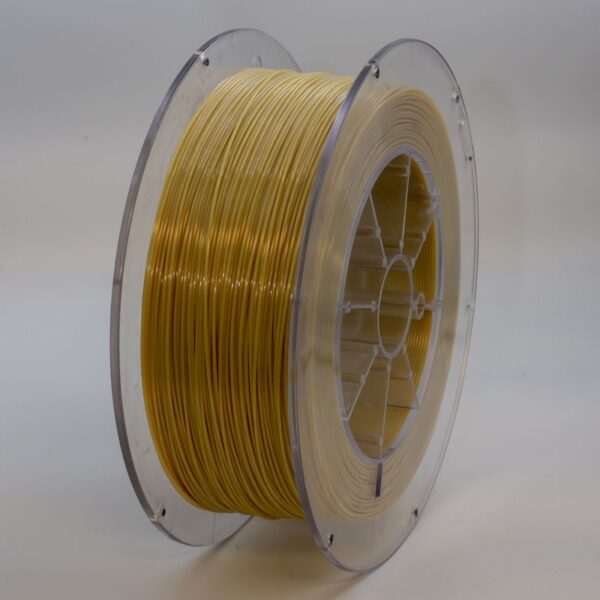Fortus 400mc Industrial FDM 3D Printer: Benefits, Materials and Typical Applications

Overview
The Fortus 400mc is a powerhouse in the world of industrial FDM 3D printing. Known for its reliability, precision, and compatibility with high-performance thermoplastics, this printer is a go-to for engineers and manufacturers. Whether you’re building functional prototypes, production parts, or tooling components, the Fortus 400mc delivers. This article walks you through the key features, advantages, materials, and typical use cases of this industrial-grade printer. If you’re considering investing in a durable and versatile FDM solution, keep reading. Let’s break down what makes the Fortus 400mc stand out from the competition.
Features Fortus 400mc
The Fortus 400mc is engineered for precision and consistency. With a build envelope of 406 x 355 x 406 mm, it provides ample space for medium to large parts. The printer uses a dual-tip extrusion system for soluble support materials, enabling complex geometries and smoother surface finishes. Its heated build chamber ensures dimensional stability even with high-temp materials. It also integrates with GrabCAD Print and Insight software for optimal slicing, queue management, and material utilization.
Benefits Fortus 400mc
Why choose the Fortus 400mc? Simple: speed, strength, and scalability. It’s built to reduce downtime and maximize throughput in demanding industrial environments. The wide material compatibility means engineers can test and finalize parts using end-use thermoplastics. Its ability to produce repeatable, dimensionally accurate parts makes it a top choice for aerospace, automotive, and defense applications. Also, the system’s open material library means you can experiment with advanced FDM materials like Ultem™ 1010 or PEKK.
Materials Fortus 400mc
This printer supports an impressive array of engineering-grade materials, including:
- ABS
- ABS-ESD
- ASA
- Nylon 12 CF
- PC-ABS
- PC-ABS FR UL94 V0
- PC Support
- PEKK
- Polycarbonate PC
- TPU 95A
- Ultem™ 1010
- Ultem™ 9085
- 9085 Support
Typical Applications Fortus 400mc
Industries use the Fortus 400mc for more than just prototyping. Here’s where it shines:
- Aerospace brackets, ducting, and housings
- Automotive under-hood components and custom fixtures
- Defense-grade rugged tooling and assembly aids
- Medical jigs, guides, and biocompatible part trials
- Production-grade tooling and short-run end-use parts
Conclusion
The Fortus 400mc is a serious contender in the industrial 3D printing space. It bridges the gap between prototyping and production with a platform that is both scalable and flexible. With a robust list of supported materials such as ABS, ASA, PC-ABS, Ultem™ 9085, and PEKK, the Fortus 400mc ensures high-performance outputs every time. Whether you’re working on aerospace tooling or automotive prototypes, this machine delivers. It’s built for engineers who demand quality, precision, and repeatability. Thanks to its wide material compatibility, it’s an excellent fit for businesses looking to scale additive manufacturing without compromising on strength or reliability. In short, if you’re looking for a printer that handles fdm material, advanced filaments, and all things stratasys with ease—look no further.




